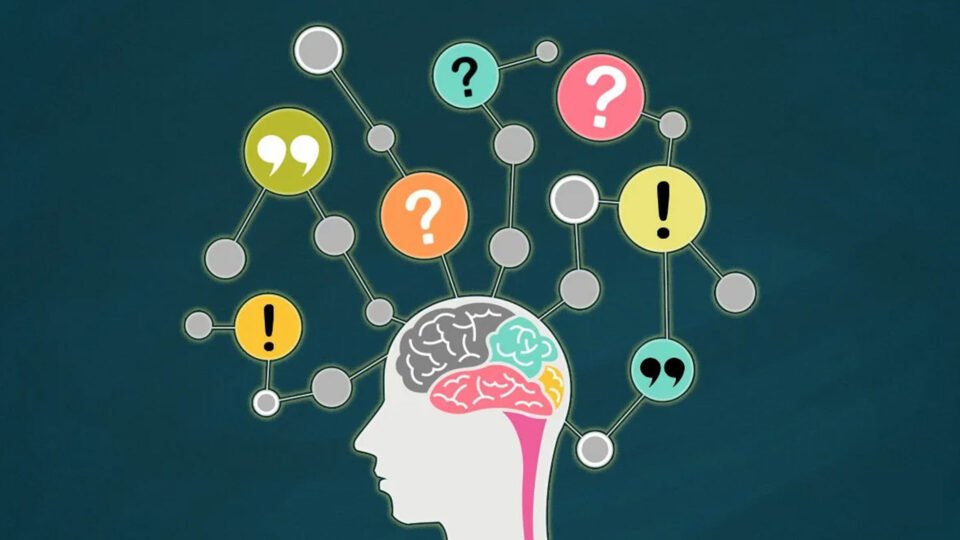Researchers open new opportunities to address liver disease.
Verantos, the market leader in high-validity real-world evidence generation, announced that along with its research partners, the company accomplished a significant step forward in applying advanced real-world evidence approaches to non-alcoholic steatohepatitis (NASH).
Real-world evidence (RWE) aims to learn from routine care to improve the standard of care. The greatest challenge in NASH RWE has been poor documentation and low data quality, stymying healthcare practitioners’ ability to use routinely collected data to improve NASH care. In an observational analysis, traditional approaches resulted in data accuracy of 54.1%; using advanced approaches, however, including unstructured data, natural language processing, and artificial intelligence-based inference, Verantos, Amgen, and Virginia Commonwealth University researchers achieved 78% improved data accuracy.
Of particular note in the study, results were highly dependent on technology. Natural language processing, a common technique used to mine electronic health record data, resulted in 63.3% and 68.8% accuracy for the key concepts of “alcohol use” and “liver fibrosis.” The addition of AI-based pattern recognition improved identification to 86.1% and 93.6%, respectively, achieving research-grade data quality.
“This opens the door to robust research that can benefit patients,” stated Dr. Dan Riskin, founder and CEO of Verantos. “We are proud to generate and validate a path forward for high-validity observational research in NASH.”
NASH is a subset of non-alcoholic fatty liver disease (NAFLD). NAFLD has many causes and presents differently in different patients due to the myriad causes. NAFLD is the most common cause of chronic liver disease worldwide and is estimated to cost the US healthcare system over $100 billion annually. According to the American Liver Foundation, 25% of Americans have NAFLD or NASH, and the prevalence is increasing in lockstep with obesity, high cholesterol, and type 2 diabetes.
“Amgen is excited by new technologies that enhance the generation of RWE for complex clinical conditions,” said Brian Bradbury, vice president, Observational Research at Amgen. “Techniques developed from this project could allow for enrichment of real-world data enabling the delivery of clinically meaningful evidence to healthcare decision-makers.”
The validated technology will be available to support observational research, pragmatic registries, and value-based engagements.
For more such updates and perspectives around Digital Innovation, IoT, Data Infrastructure, AI & Cybersecurity, go to AI-Techpark.com.

